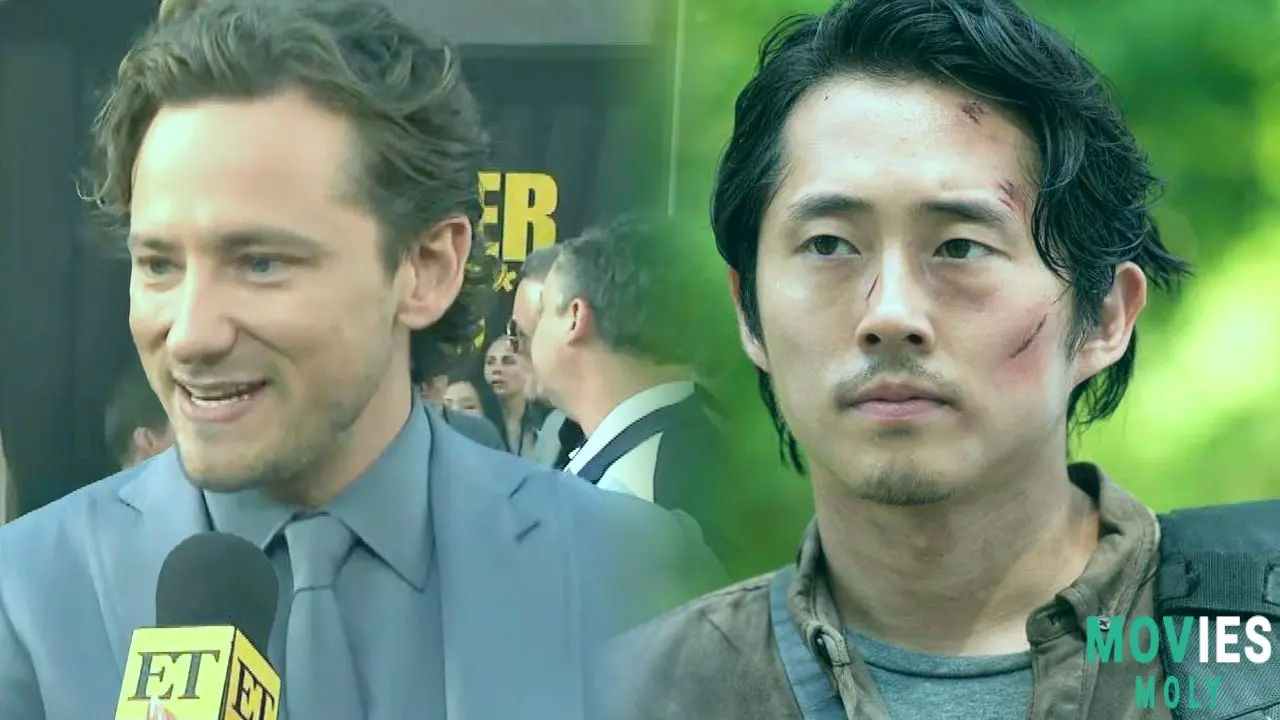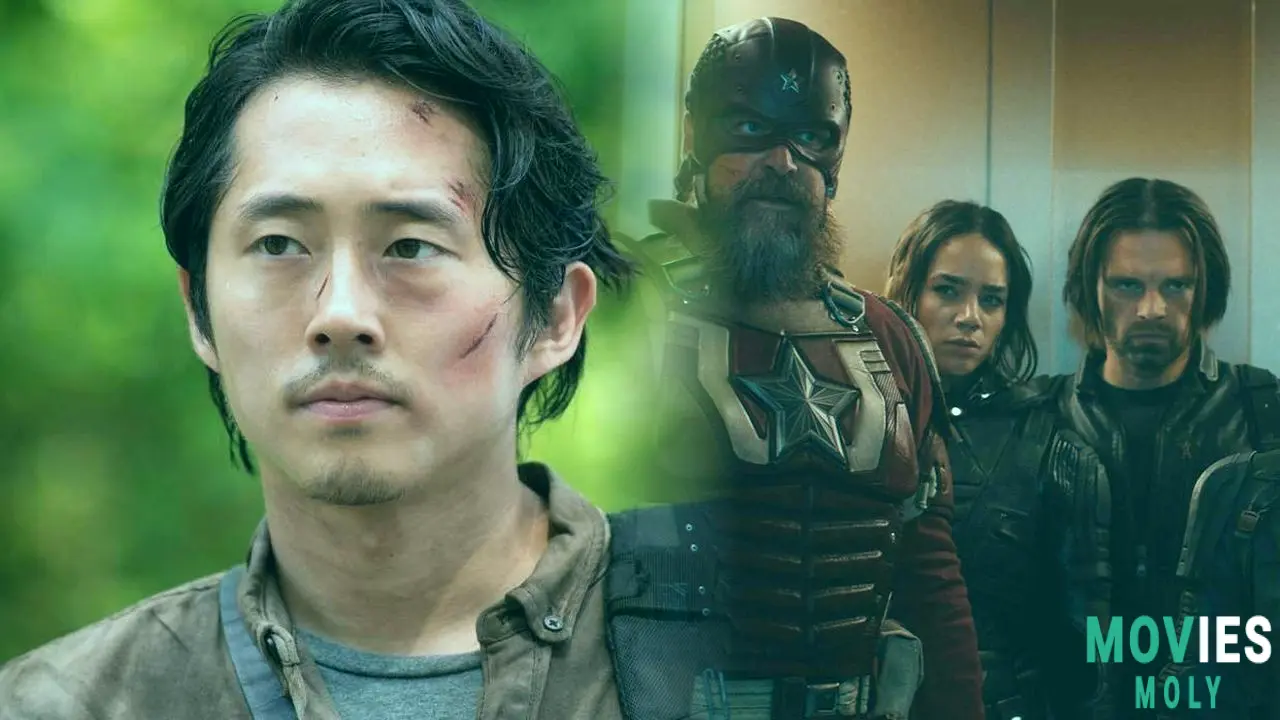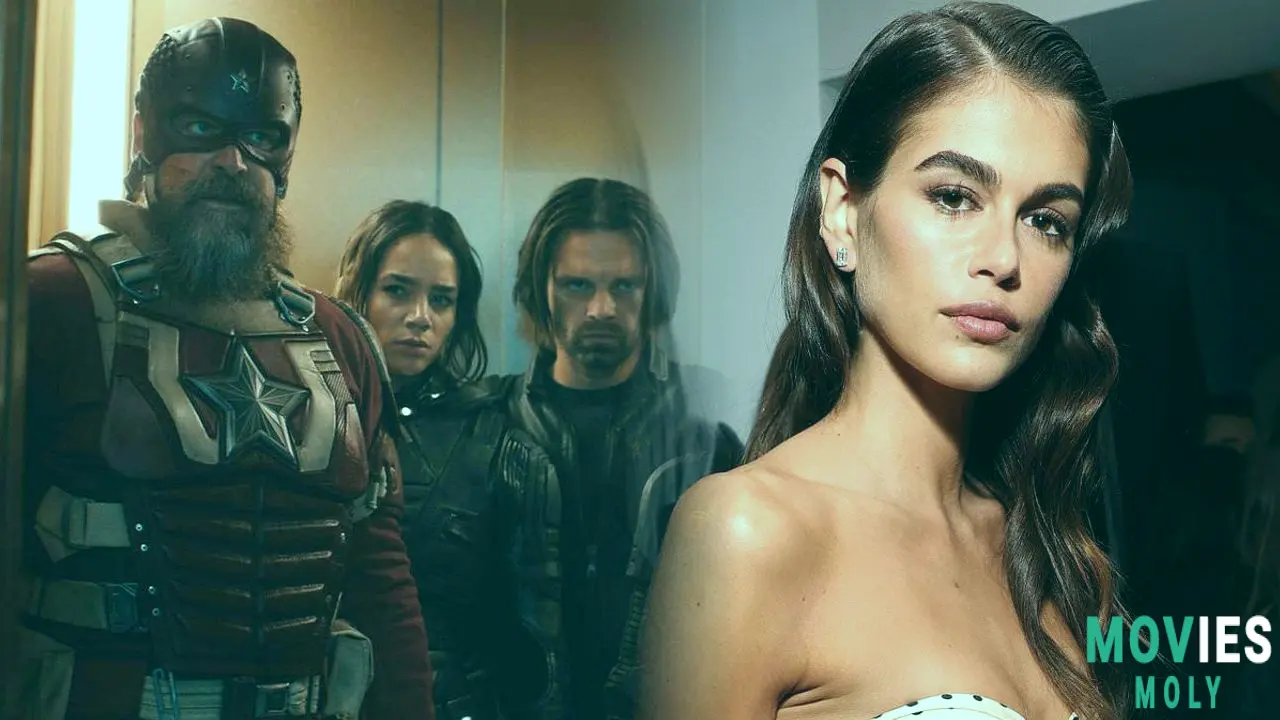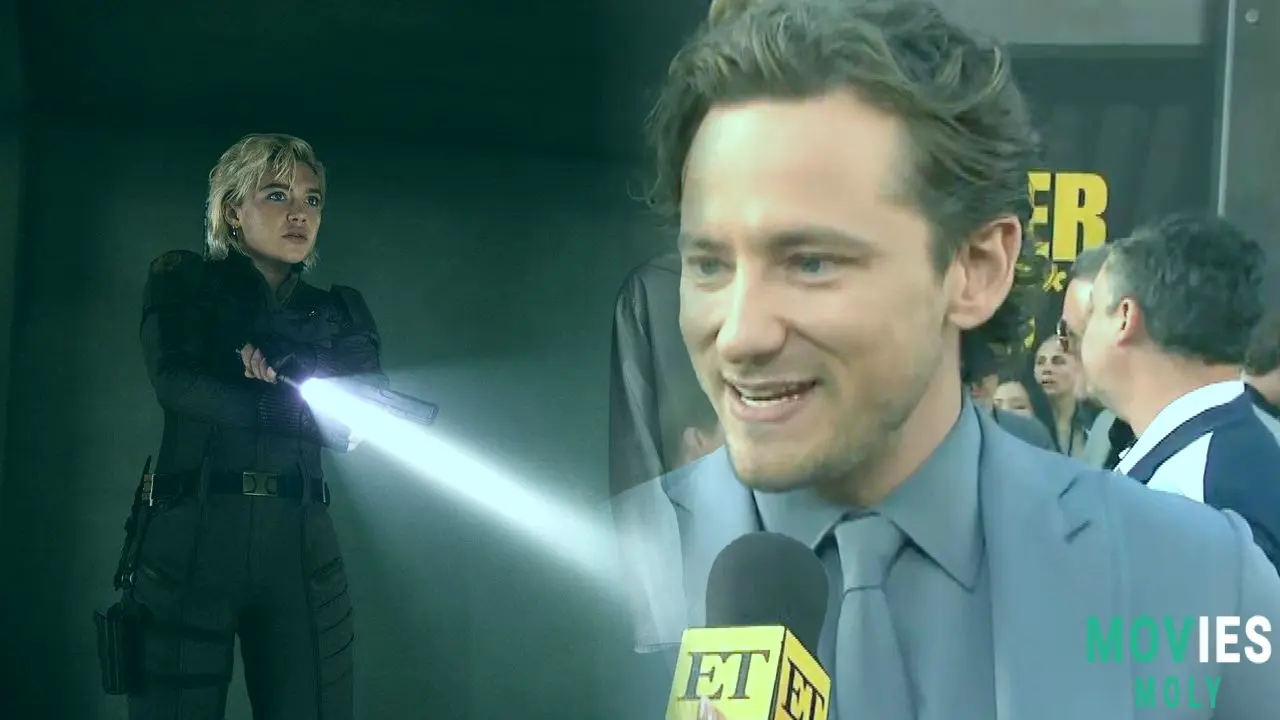Lewis Pullman’s entrance into the Marvel Cinematic Universe may not come with the flashiest of introductions, but as Thunderbolts* hits theaters, the actor’s turn as Bob—comic fans’ codename for the unassuming yet deeply layered lab patient—cements him as one of the most emotionally resonant additions to the franchise’s ever-expanding roster. What begins as a seemingly throwaway character name—one Pullman himself initially hoped to change—evolves into a masterful blend of pathos, humor, and comic-book glory that echoes throughout the film’s soul-bearing chaos.
Lewis Pullman almost didn’t want to play ‘Bob’ in Marvel’s Thunderbolts*It’s a small but telling detail that the character name “Bob” almost didn’t stick. Having just played Lt. Robert ‘Bob’ Floyd in Top Gun: Maverick, Pullman admits he wasn’t thrilled about repeating the moniker. When he first met with director Jake Schreier, his one request was to change it. As he told Digital Spy, “I just played a Bob... Can we change the name?” Schreier’s reply was simple and firm: “It’s in the comics, you can’t change that.”
And thank goodness he didn’t. Because Bob isn’t just any character—he’s Robert Reynolds, aka Sentry, one of Marvel’s most psychologically complex and powerful heroes. Pullman’s attachment to the name grew alongside his connection to the character, turning “Bob” into an affectionate badge rather than a bore. In a delightfully meta twist, Pullman even joked that his love for the name “Bob” is now a stealth campaign to one day play live-action Bob the Builder. If this is Marvel marketing’s next move, count me in.
Behind the mask: Pullman’s Bob is a vulnerable hero grappling with inner demons

Without spoiling the joy of discovery for non-comic readers, Thunderbolts* smartly introduces Bob as a disoriented, emotionally fragile figure who drags into the team’s escape from Valentina’s death trap. What looks like a simple lab experiment victim soon becomes the emotional core of a film full of misfits and moral gray areas. Pullman’s performance walks a tightrope — he’s sweet, broken, and unknowingly heroic all at once.
One of the film’s most inspired innovations is the use of “interconnected shame rooms,” a psychological prison where the characters are stuck reliving their worst memories. It’s in these inward battlegrounds that Bob’s (Sentry’s) trauma and emotional volatility come to the fore. Rather than leaning into the stereotypical “unstable superpower” trope, the screenplay — and Pullman’s nuanced delivery — turns these moments into genuine character exploration. Bob isn’t just fighting villains; he’s fighting himself, and that internal conflict makes every action scene hit with greater emotional weight.
The creative team gives Pullman’s character a grounded yet epic canvas

Director Jake Schreier, along with writers Eric Pearson and Joanna Calo, crafts a world in Thunderbolts* where emotional depth and superhero spectacle coexist. This is the same team that brought creative flair to Beef and Thor: Ragnarok, and their chemistry is palpable in how they handle Pullman’s Bob. Instead of relegating him to comic relief or disposable sidekick, they give him moments of quiet heroism and emotional resonance that stick.
Whether it’s Bob’s awkward attempts to bond with Yelena Belova, his painful isolation from the group, or his ultimate revelation about who he really is, the film trusts Pullman to carry these shifts believably. And he does — with a mix of broken charm and understated intensity that makes Sentry’s comic-book grandeur feel human and relatable for the first time on the big screen.
Bob’s journey in Thunderbolts* is a subtle superhero origin in disguise

Marvel fans with encyclopedic knowledge will likely see the twists about Bob coming, but the brilliance of Thunderbolts* is in how it presents them. It’s not about the inevitability of the reveal, but the emotional journey getting there. Pullman’s portrayal turns what could have been a gimmick into a heartfelt exploration of identity, loneliness, and the struggle to control one’s darker impulses.
In a franchise often criticized for style over substance, Lewis Pullman’s Bob/Sentry breaks the mold. He’s not flashy, he’s not cocky, and he definitely doesn’t crack a meta joke about being named Bob again. He’s just... human. And in a world of gods, soldiers, and assassins, that makes him stand out more than any glowing suit or explosive power.
Outside the suit: Pullman’s quiet presence on the red carpet reflects his grounded approach to fame

Off-screen, Pullman’s recent Thunderbolts* premiere appearances — including a family-only date on the carpet despite teasing questions about a certain brunette — show a star who’s more interested in the work than the wooing. Rumored to be dating Kaia Gerber, he remained composed and low-key when asked about a date, echoing the same grounded energy he brings to Bob.
It’s the kind of understated presence that makes you think Pullman isn’t chasing the spotlight — he’s letting roles like Bob do the shining for him.
Is Lewis Pullman the next MCU dark horse hero?
Thunderbolts* may not redefine the MCU, but it injects a welcome dose of emotional grit and creative texture into the mix. And in Lewis Pullman, we get a character actor who’s managed to sneak into the hero hall with nothing but a lab coat, a shaky smile, and a name he almost didn’t want to have. Now, he's not only embraced it — he's transformed it.
Marvel’s Bob may look like an average guy, but thanks to Pullman, he’s become one of the most powerful and poignant figures in the universe yet.






